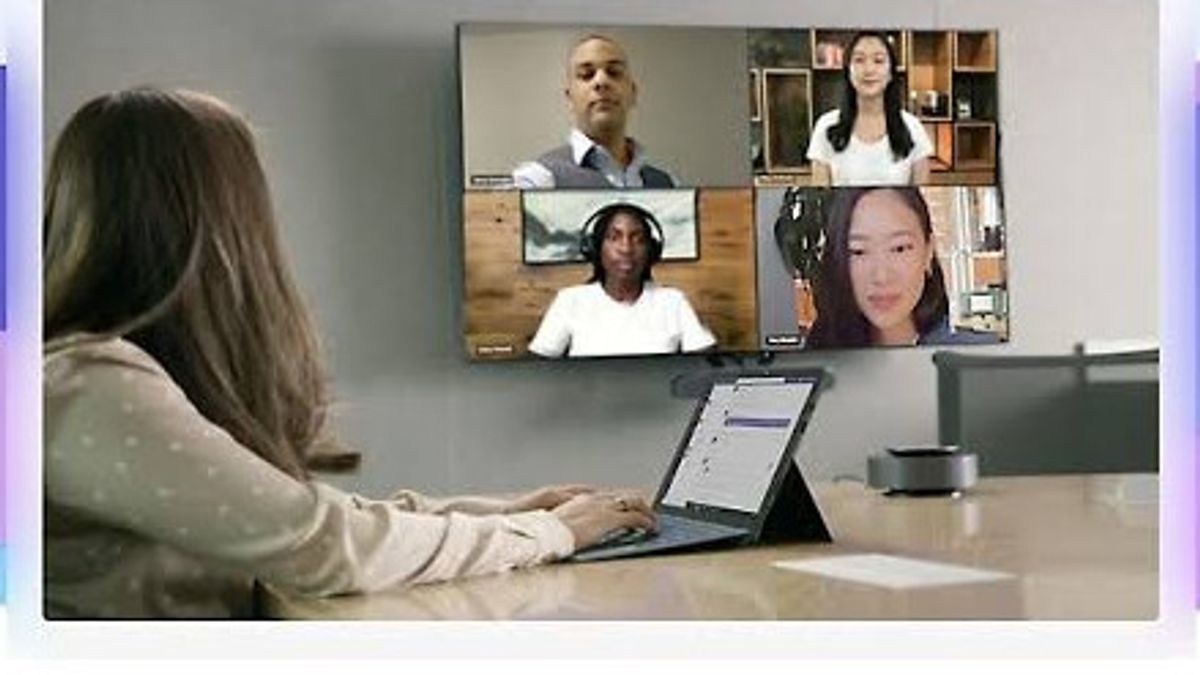JAKARTA - After months of testing, Microsoft has finally rolled out spatial audio broadly for the desktop Teams app on Windows and macOS.
Spatial audio can mimic direct conversations by spatially separating the sound of meeting participants, resulting in a more natural listening experience.
The feature, said the company, can create realistic and interesting audio and video experiences that simulate dynamic real-world scenarios.
According to Microsoft, most audio and video communication applications currently provide monoponic audio where greeting signals from different participants are transmitted in one audio channel, thus eliminating the spatial context.
"Di Teams spatial audio aligns the audio location felt from each participant with their video representation to make it easier for users to track down who is talking," Microsoft said in its announcement, quoted Wednesday, August 2.
SEE ALSO:
"Users can better understand when some speakers speak at the same time, and reduce meeting fatigue and cognitive burden," he added.
To use spatial audio in Microsoft Teams, go to Settings then select the device and click the switch to activate the feature. Users can enable music mode while receiving spatial audio.
It should be noted, this feature requires stereo-capable devices such as stereo-capable headsets or laptops, not Bluetooth devices without a new standard Audio LE.
"While we can't guarantee it will turn your next meeting into a luxury event with attractive luxury drinks and light chats, we think you'll find the spatial audio more natural and attractive," Microsoft said.
The English, Chinese, Japanese, Arabic, and French versions are automatically generated by the AI. So there may still be inaccuracies in translating, please always see Indonesian as our main language. (system supported by DigitalSiber.id)


















